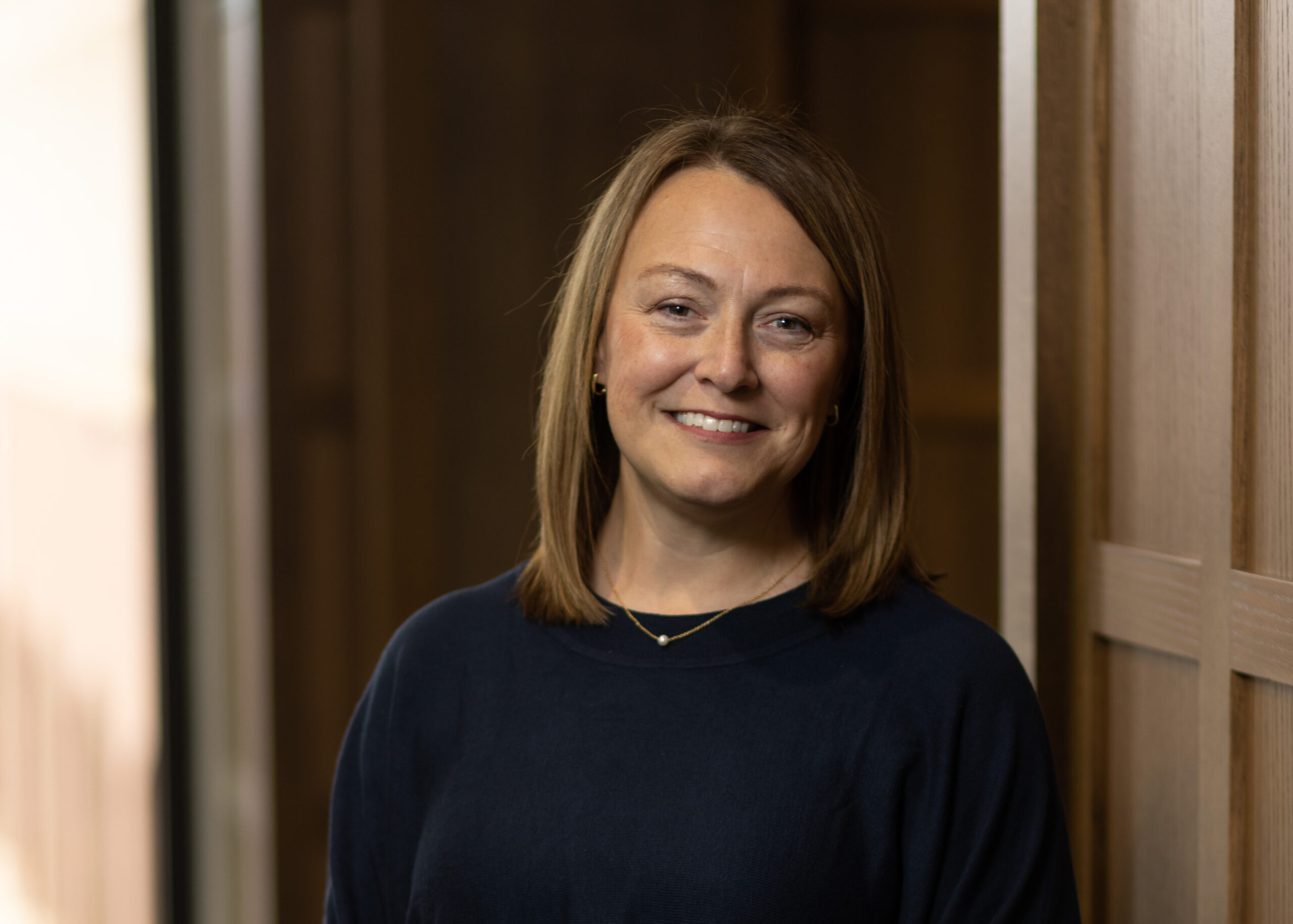
By Kelly Smith, Star Tribune – Minnesota’s wealthiest philanthropy has kept a low profile for nearly two decades, but that may be changing with the new CEO of Margaret A. Cargill Philanthropies.
The Eden Prairie organization has operated quietly, much like its namesake Cargill heiress. Now, Heather Kukla, who last month became the philanthropy’s third CEO in its 17-year history, said she wants to balance more transparency with its traditionally under-the-radar profile.
“Being transparent about our process is one of those things that we’re definitely working on,” she said, adding that she still prefers the attention mostly focus on their grantees. “We don’t really need the recognition for recognition’s sake.”
With $9 billion in assets as of 2021 between its two foundations, Margaret A. Cargill Philanthropies (MACP) ranks among the largest philanthropic organizations in the United States and Minnesota.
MACP, which includes the Margaret A. Cargill Foundation and the Anne Ray Foundation — named after Margaret Cargill’s mother — distributes about three times as much money as any of Minnesota’s other private foundations, though the bulk of its giving is national and global.
MACP rarely sends out press releases or touts its grant-giving, which totaled about $300 million last year — $32 million of which went to Minnesota organizations.
MACP gives grants in seven categories, including the environment, disaster relief and “quality of life” organizations such as the American Red Cross. About 10% of its grants go to Minnesota organizations.
A 2021 report by the Minnesota Council of Foundations ranked MACP as the largest private philanthropy based in Minnesota in terms of the amount of money it distributes, and the second-largest philanthropic organization overall, after the Wells Fargo Foundation.
“Minnesota has several philanthropies that are really on the map nationally and internationally, and Margaret A. Cargill Philanthropies would be one of them,” said Susie Brown, president of the Minnesota Council on Foundations. “They just add to Minnesota’s reputation.”
MACP makes grants by invitation only and doesn’t accept the unsolicited applications used by some other foundations. As a result, some nonprofits give the Margaret A. Cargill Foundation low marks on GrantAdvisor, a website co-founded by the Minnesota Council of Nonprofits to allow grantees to anonymously rate funders, like consumers do on Tripadvisor.
Some 80% of about a dozen respondents deemed MACP inaccessible, calling it mysterious and bureaucratic. Consultant Steve Boland of Next in Nonprofits said he’s tried to reach MACP for four clients, but hasn’t been able to land a meeting.
While the philanthropic sector generally is becoming more open about funding processes, Boland said that MACP hasn’t been accessible. He thinks it should be more connected to local charities.
“We see their ability to make a stronger impact in Minnesota [and] … would love to be able to make our case,” he said.
Kukla said MACP is simplifying its grant processes to be more efficient and has posted details about grants on its website, which “feels like a big step for us.”
“We’re fairly new so some of our processes have been developing,” she said. “And when our donor was alive, our giving was all anonymous … so we’ve really been moving toward that transparency.”
Transition to more openness
Margaret Cargill’s grandfather was one of the founders of the Twin Cities agribusiness giant. She grew up in Minnesota before moving to California, where she lived most of her adult life. Dubbed a “silent philanthropist,” she gave away more than $200 million anonymously over her lifetime.
When she died at the age of 85 in 2006, Cargill was listed among the richest Americans by Forbes magazine, with a net worth of $1.8 billion — part of a secretive family of billionaires, according to Forbes. She never married or had children, and left her fortune and private Cargill stock to the foundations.
“She felt the giving wasn’t about her, it was the work the grantees did, and really didn’t want the attention for the giving,” Kukla said. “Fast forward to where we are today. We recognize that transparency is important, and we want to be transparent about our giving.”
MACP held its first-ever grantee perception survey in 2019, where it received feedback about the lack of understanding about its processes, Kukla said. As part of the invite-only grant process, MACP staffers research potential grantees and reach out to them, she said.
Kukla, who worked 13 years for MACP as a legal affairs director, general counsel and vice president, replaced Paul Busch, who retired after five years as CEO and had served as one of Margaret Cargill’s accountants. The previous CEO, Christy Morse, was a close friend of Cargill’s and helped set up MACP.
Kukla said she doesn’t plan to make big changes as MACP’s new leader.
“We’ve got an organization that’s pretty well-positioned for the future,” she said. “This year is about making a smooth transition and continuity in the work.”

